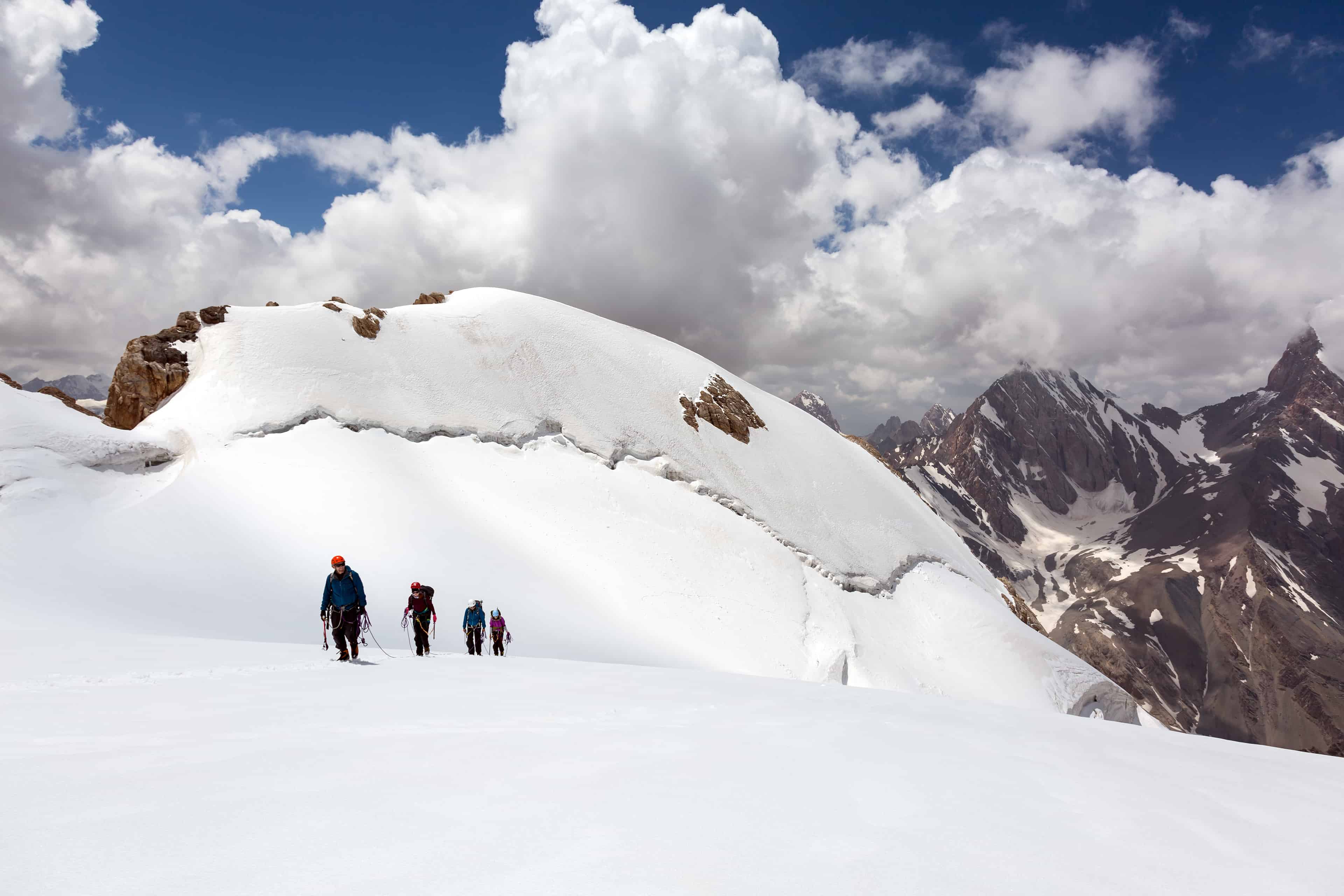The main highlights of Yala peak Climbing
- Yala Peak, also known as Yala West, is a popular climbing destination in the Langtang region of Nepal.
- The peak stands at an altitude of 5,550 meters.
- Climbing Yala Peak offers breathtaking views of the Langtang Range, the Himalayas, and the surrounding valleys.
- The base camp of Yala Peak is located at an altitude of 4,700 meters and is the starting point for the climb to the summit.
- The best time to climb Yala peak is spring and autumn.
- The trail takes you through lush forests, past cascading waterfalls and traditional villages, providing a glimpse into the local culture and lifestyle.
- Climbers should be prepared for extreme conditions and should always check the forecast before attempting the summit.
- The cost of climbing Yala Peak varies depending on the number of people in your group, the length of the trek, and the services included.
- Climbing Yala Peak is a great way to challenge yourself, push your limits and achieve something truly remarkable.
Nestled in the heart of the Himalayas, Yala Peak Climbing is a trekker's paradise. This majestic peak offers breathtaking views of the surrounding mountains and a challenging climb that is sure to test the skills of even the most experienced trekkers. If you're looking for an adventure in the Himalayas, Yala Peak is the perfect destination.
Getting to Yala Peak
Yala Peak is located in the Langtang region of Nepal, which can be reached by bus or jeep from Kathmandu. The trek to the base camp of Yala Peak starts from the village of Dhunche, which can be reached by bus or jeep from Kathmandu. From Dhunche, the trek takes about 4-5 days to reach the base camp of Yala Peak.
The Trek to Base Camp
The trek to the base camp of Yala Peak is a challenging yet rewarding experience. The trail takes you through lush forests, past cascading waterfalls and along glistening rivers. Along the way, you'll encounter a wide variety of wildlife, including monkeys, deer, and even the occasional tiger. The trail is well-maintained and easy to follow, but it can be steep in places.
As you gain altitude, the scenery becomes more and more breathtaking. The views of the surrounding mountains are truly awe-inspiring, and you'll be able to see peaks such as Langtang Lirung, Langtang Ri and Langtang II.
The Climb to the Summit
The climb to the summit of Yala Peak is a true test of skill and endurance. The climb is technically challenging and requires the use of crampons, ice axes and ropes. The climb is steep and can be dangerous, so you must be in good physical shape and have experience with climbing.
The climb to the summit takes about 8-9 hours from base camp. The views from the summit are truly spectacular, and you'll be able to see peaks such as Manaslu, Annapurna and Dhaulagiri.
Accommodation and Permits
There are a variety of accommodation options available along the trek to Yala Peak. From basic guesthouses to more luxurious lodges, you'll be able to find something that suits your budget and preferences.
To trek to Yala Peak, you'll need to obtain a TIMS card and a Langtang National Park permit. These can be obtained in Kathmandu or at the park entrance in Dhunche.
Equipment and Gear
To trek to Yala Peak, you'll need a good pair of hiking boots, warm clothing and a sleeping bag. Northern Trekking Trekking Team will provide a tent at the base camp. Other essential gear includes a headlamp, water bottles and a water filter or purification tablets. Crampons, ice axes, and ropes are necessary for the summit climb. It is also a good idea to bring a helmet, harness and a set of carabiners.
Conclusion:
Yala Peak is a trekker's paradise, offering breathtaking views of the Himalayas and a challenging climb that is sure to test your skills. Whether you're an experienced climber or a first-time trekker, Yala Peak is a destination that is sure to leave a lasting impression.





